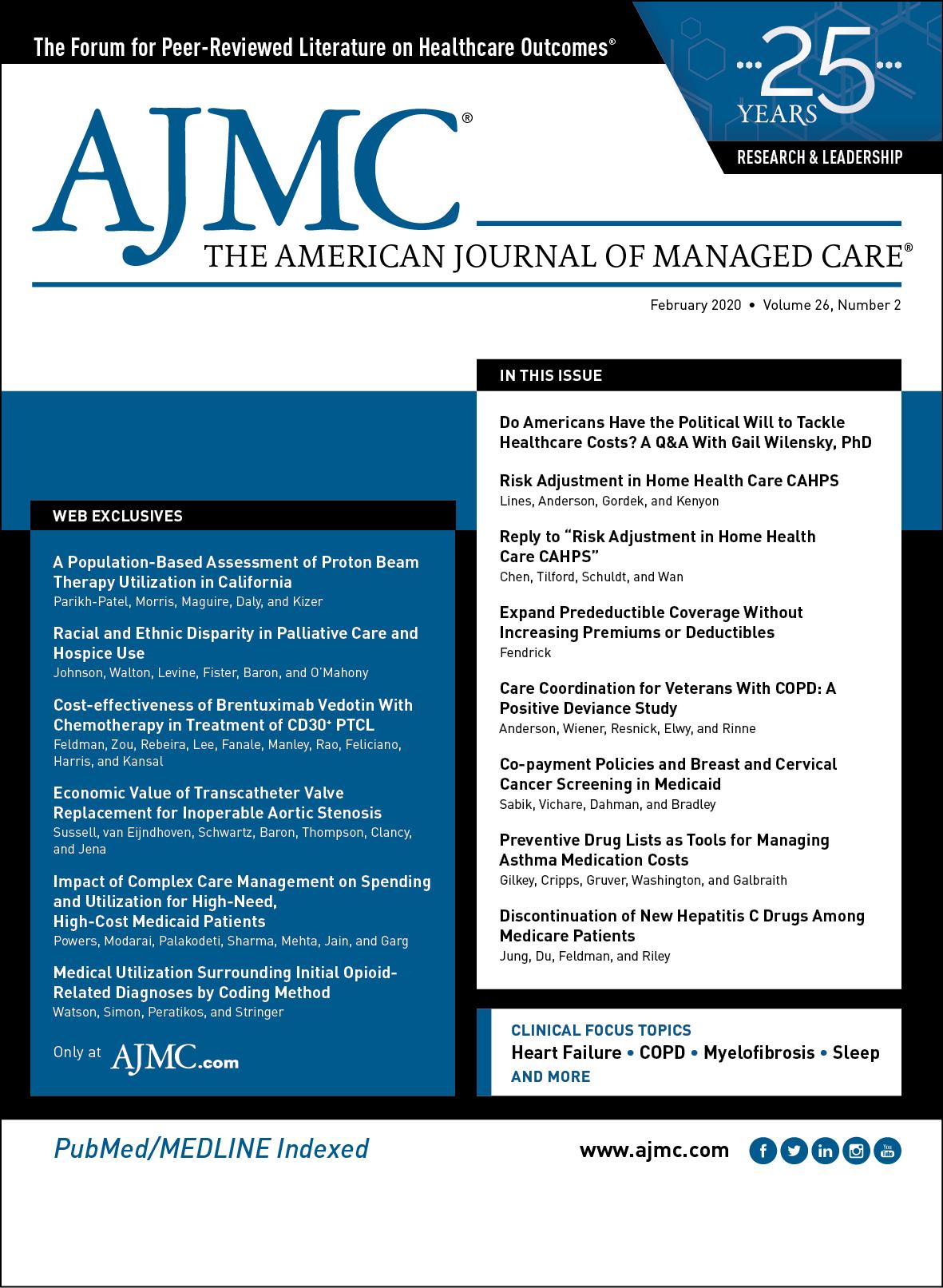High-need, high-cost Medicaid patients enrolled in a 12-month complex care management program at CareMore Health in Memphis, Tennessee experienced reductions of 59 percent in inpatient utilization and 37 percent in total medical expenditures, as compared to a control group in a randomized trial. This study demonstrates how a complex care management program can substantially reduce spending and utilization through an approach that emphasizes: (1) targeting patients who could most benefit from the program; and, (2) integrating nontraditional health care workers such as community health workers into the care team.
CareMore’s care model includes multidisciplinary care teams, each with a community health worker, social worker, and primary care physician. These teams conduct a risk assessment, co-develop a tailored care plan with the patient, and coordinate frequent, structured follow-up including monthly in-person visits. Patients were identified for the intervention using claims data, predictive models, and clinician judgment, with the results suggesting that this approach effectively targeted patients who are at risk of persistently high spending and have modifiable risk factors. This study builds on evidence for the impact of care management programs, and identifies elements that may improve the efficacy of these programs for Medicaid patients with complex health and social needs.

